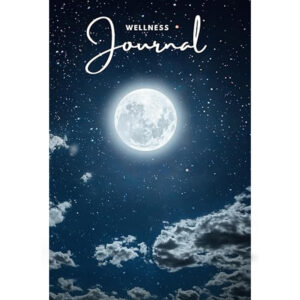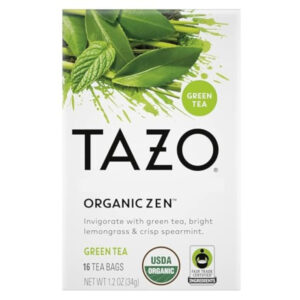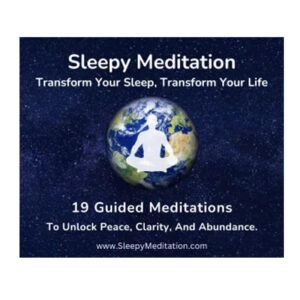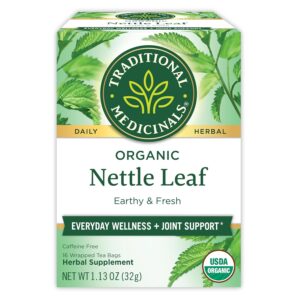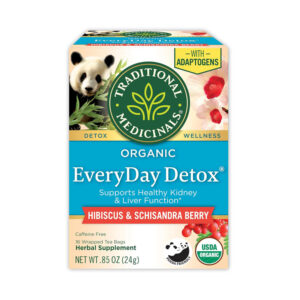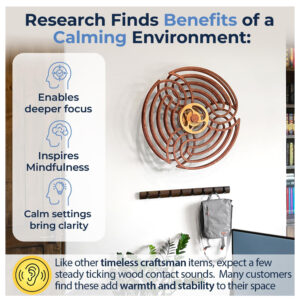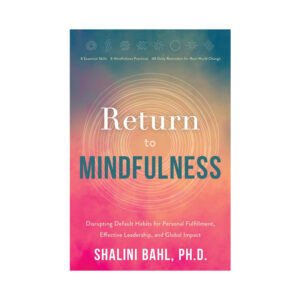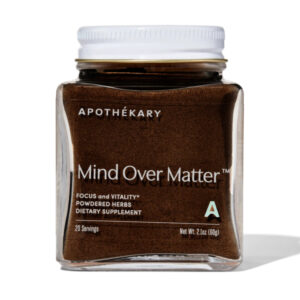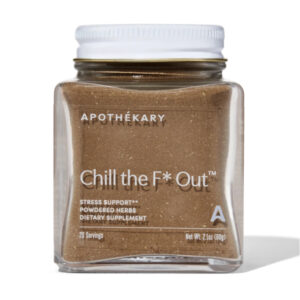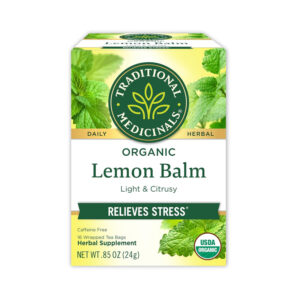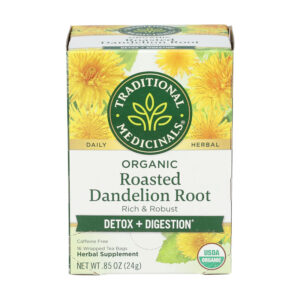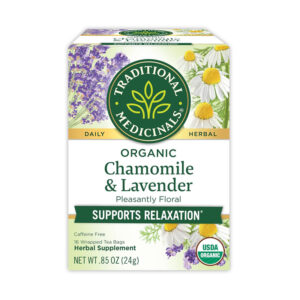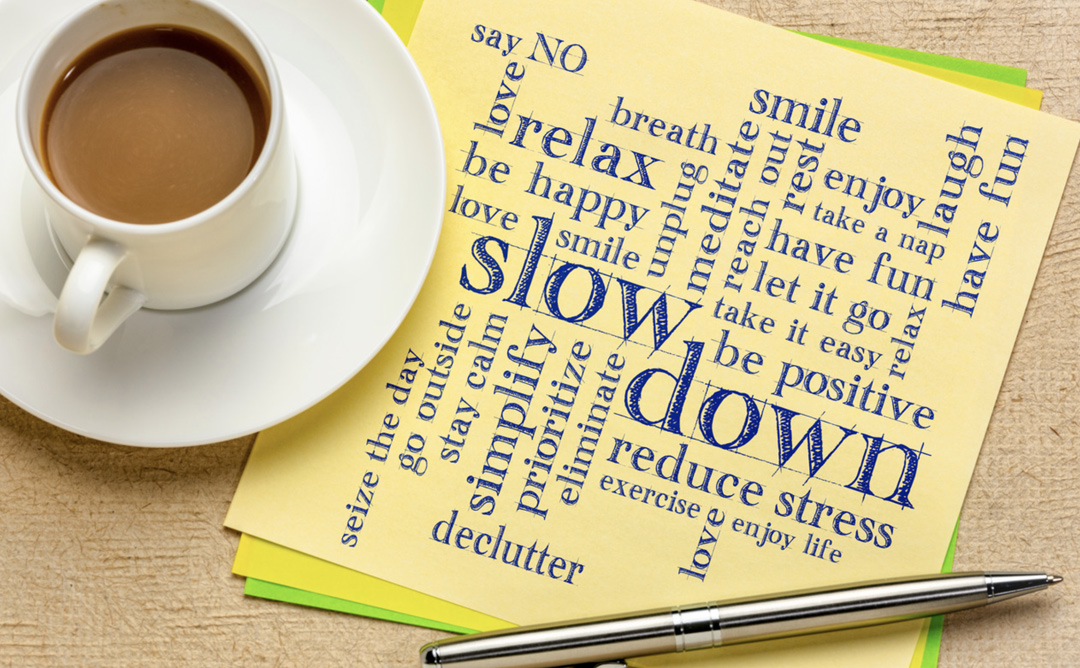
Finding Balance: Exploring Natural Alternatives to Stress
In observance of Stress Awareness Month, I’m eager to delve into the realm of natural alternatives for stress management. Unlike pharmaceuticals prescribed daily, these alternatives offer minimal to no side effects. Personally, I understand the profound impact of medication-induced side effects, having grappled with years of anxiety disorder due to stress. While embracing natural alternatives demands more time and effort than simply popping a pill, the absence of adverse reactions makes it undeniably worthwhile. In fact, these alternatives have significantly reduced my stress levels. I’m thrilled to share with you some of the practices I incorporate regularly! So, let’s dive in, exploring these effective alternatives while also addressing the detrimental side effects associated with pharmaceuticals.
Exploring Natural Alternatives to Reduce Stress
- Mindfulness Meditation: Encourage mindfulness practices such as deep breathing exercises and meditation to promote relaxation and reduce stress levels. I love guided meditation and this is a great way to start if you have never meditated. “Headspace” is my favorite.
- Aromatherapy: Highlight the use of essential oils like lavender, chamomile, and bergamot, known for their calming and stress-relieving properties. Suggest diffusing these oils or incorporating them into a relaxing bath. My favorite oils are here: Guru Nanda and get $15 off of your first order!
- Herbal Teas: Recommend soothing herbal teas such as chamomile, lemon balm, and passionflower, which can help alleviate stress and promote a sense of calm. My favorite tea to help me relax in the evenings is Davidson’s Earl Grey or Teechino Teas.
- Nature Walks: Emphasize the therapeutic benefits of spending time in nature. Encourage activities like hiking, forest bathing, or simply enjoying a leisurely stroll in a natural setting.
- Yoga and Tai Chi: Promote gentle movement practices like yoga and Tai Chi, which can help reduce stress, increase mindfulness, and improve overall well-being.
- Herbal Supplements: Discuss the potential benefits of herbal supplements such as ashwagandha, holy basil, and rhodiola rosea, which are known for their adaptogenic properties and ability to support the body’s response to stress. I love Apothekary and they have the best tincture that you can take for immediate stress relief! It’s Take the Edge Off and it’s so versatile. You can add it to water, juice, or club soda or you can simply put it directly on your tongue.
- Massage Therapy: Highlight the stress-relieving benefits of massage therapy, whether it’s through professional massage sessions or self-massage techniques using techniques like acupressure or reflexology.
- Art Therapy: Explore the therapeutic benefits of engaging in creative activities like painting, drawing, or crafting, which can help reduce stress and promote relaxation.
- Music Therapy: Discuss the calming effects of music on the mind and body. Encourage listening to soothing music or even exploring activities like singing or playing musical instruments as a form of stress relief.
- Journaling: Advocate for the practice of journaling as a way to express thoughts and emotions, reflect on experiences, and gain insight into sources of stress and potential coping strategies. Here’s a great journal that also helps you keep up with nutritional daily habits: Gratitude Journal and the price is amazing!
It’s important to be aware of potential side effects when considering the use of benzodiazepines, which is one of the most common drugs on the market to reduce stress. I chose this form because I have personal experience with it. Here are some of the side effects:
- Drowsiness: Benzodiazepines can cause drowsiness or excessive sleepiness, which may affect daily activities and cognitive function.
- Dizziness: Some individuals may experience feelings of dizziness or lightheadedness when taking benzodiazepines, especially when standing up quickly.
- Confusion: Benzodiazepines can impair cognitive function and cause confusion, particularly in older adults or at higher doses.
- Memory Problems: Short-term memory impairment is a common side effect of benzodiazepines, leading to difficulty recalling recent events or information.
- Poor Coordination: Benzodiazepines can affect motor skills and coordination, increasing the risk of falls and accidents.
- Tolerance and Dependence: Prolonged use of benzodiazepines can lead to tolerance, requiring higher doses to achieve the same effect, and physical dependence, resulting in withdrawal symptoms upon discontinuation.
- Respiratory Depression: In rare cases, benzodiazepines may cause respiratory depression, especially when combined with other central nervous system depressants like alcohol or opioids.
- Gastrointestinal Disturbances: Some individuals may experience gastrointestinal side effects such as nausea, vomiting, or constipation when taking benzodiazepines.
- Mood Changes: Benzodiazepines can alter mood and emotional responses, leading to symptoms such as irritability, agitation, or depression in some individuals.
- Paradoxical Reactions: In rare instances, benzodiazepines may cause paradoxical reactions, characterized by increased anxiety, agitation, or aggression instead of relaxation.
As someone who once relied on medication to cope with stress and anxiety, I can personally attest to the effectiveness of natural alternatives. Taking small steps is key; start by trying one approach at a time to gauge its impact on your stress levels. That’s how I began, and I highly recommend it. Once you start experiencing relief, you’ll find it difficult to turn back, and you’ll be motivated to explore more natural solutions. Additionally, it’s crucial to consult your doctor before trying any new alternatives, especially when it comes to herbal remedies. My hope is that this insight has shed light on the myriad natural options available for managing stress. Feel free to reach out with any further questions you may have—I’m here to help!
Join Our Facebook Group
Disclaimer: We are an affiliate of many companies, which means that we may receive a commission if you click on our affiliate link and make a purchase. However, this does not affect our reviews and comparisons. We strive to provide honest opinions and recommendations based on our own experiences and research. Any product claim, statistic, quote, or other representation about a product or service should be verified with the manufacturer, provider, or party in question.


